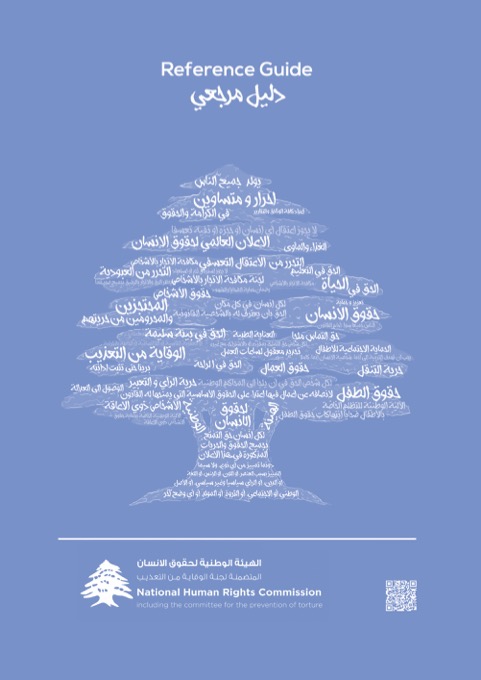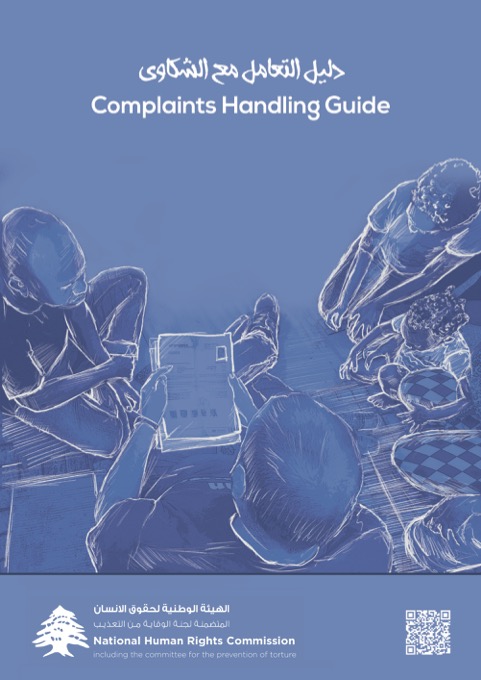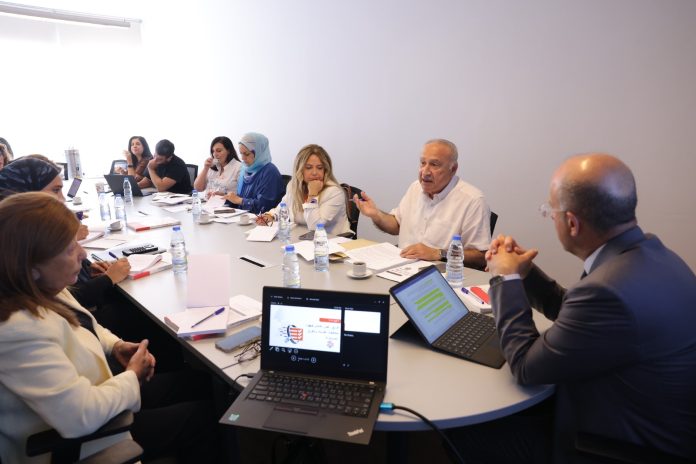Lebanon’s Ministry of State for Administrative Reform hosted the inaugural meeting of the “Working Group for Integrating Anti-Corruption Efforts and Promoting Equality” on September 9, 2025. Held at the Ministry’s headquarters, the gathering brought together a diverse team of public officials, legal experts, and civil society representatives, marking the start of a collaborative initiative aimed at rooting out corruption while ensuring no one is left behind.
A Reformist Vision in Troubled Times
Dr. Fadi Makki, Minister of State for Administrative Reform, opened the session with a compelling message of urgency and hope. “We meet today at a crucial time, amid a reform process that reflects the aspirations of all Lebanese—men and women—after years of crises,” he said. “Corruption and inequality have weakened our institutions and deepened social gaps. Now is the time to rebuild trust and fairness.”
Makki emphasized the inseparability of justice, equality, and anti-corruption efforts. He stressed that empowering women and marginalized groups—especially persons with disabilities—is not an option but a necessity for implementing and evaluating Lebanon’s national anti-corruption strategy. He called for practical outcomes and urged participants to translate principles into institutional policies and transparent practices.
Redefining Corruption and the National Response
Ali Youssef, Treasurer of Lebanon’s National Human Rights Commission and Chair of the Working Group, echoed the Minister’s call for systemic change. He dissected corruption beyond its legal definitions—bribery, embezzlement, and abuse of power—framing it as a deeply entrenched issue tied to Lebanon’s political and social fabric.
“Combating corruption must go beyond punishment—it must involve a holistic vision that tackles root causes in politics, economics, and culture,” Youssef argued. He urged the team to base their strategy on past lessons, real-world challenges, and homegrown innovation rather than borrowed international templates.
Inclusive Policy as an Anti-Corruption Tool
The meeting underscored a groundbreaking mission: supporting the participation of marginalized populations—women, persons with disabilities, the poor, and youth—in shaping, monitoring, and evaluating Lebanon’s anti-corruption strategy (2020–2025).
Experts from the Ministry and the UNDP-led “Anti-Corruption for Trust in Lebanon” project presented a detailed institutional framework and outlined priority tasks for the team. These include:
-
Developing an annual action plan to support marginalized groups in implementing the anti-corruption strategy.
-
Hosting regular dialogue sessions with NGOs and human rights groups.
-
Producing recommendations that enrich the national strategy through a lens of gender equality and inclusion.
-
Aligning efforts with international standards like the UN Convention Against Corruption (UNCAC).
The Data Behind the Mission
Consultant Nada Makki presented a comprehensive desk review linking corruption to social exclusion. Her research revealed how marginalized groups suffer disproportionately from systemic corruption, which hinders access to justice, limits political participation, and reinforces poverty.
Makki warned that Lebanon’s legal framework lacks gender-sensitive and inclusive approaches, failing to adequately protect or empower these groups. She stressed that addressing corruption effectively requires inclusive data-driven strategies and the direct involvement of vulnerable populations in policymaking.
Critical Reflections and Realism
The discussions were refreshingly candid. Judge Terez Alawi, representing the National Anti-Corruption Authority, stressed the role of education in instilling values of equality and transparency from a young age. She cautioned against generic or overly theoretical approaches, urging the group to identify specific gaps and marginalized areas within the strategy.
Youssef, while supportive of the mission, challenged some of the terminology used in the decision text—questioning vague notions such as “state of law” and “international standards,” which he argued often remain aspirational or selectively applied. He warned against reinforcing token representation, which may help some while sidelining others.
Participants raised additional concerns, from the limited applicability of some international frameworks to Lebanon’s unique context, to the danger of one-size-fits-all legal solutions. The conversation emphasized the need for laws tailored to Lebanon’s societal structure and political dynamics.
Charting the Road Ahead
The team concluded with a series of concrete proposals:
-
Focus on actionable, context-specific changes that can bring about measurable improvements.
-
Establish a dedicated WhatsApp group for streamlined communication.
-
Submit work plan proposals by September 15, to be reviewed in the next meeting.
-
Convene regularly, with the next meeting set at the Minister’s office.
As Lebanon stands at the crossroads of reform, this working group could become a catalyst for a new era of public accountability—where anti-corruption isn’t just a slogan, but a participatory, inclusive process that gives voice and agency to all segments of society.
هذه المقالة متاحة أيضًا بـ: العربية (Arabic) Français (French)



